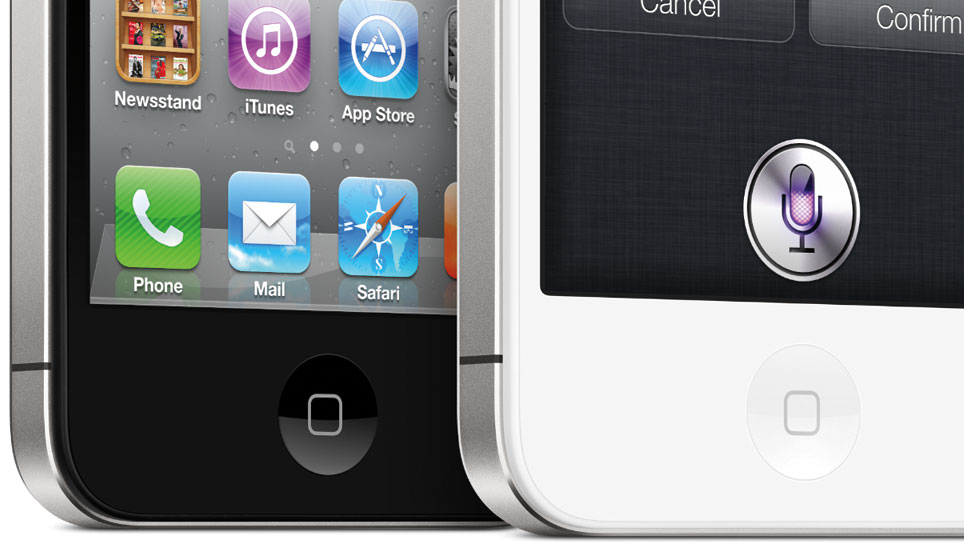Phone to computer photo sharing is just a Bump away
Cutting the cord on photo sharing

Sign up for breaking news, reviews, opinion, top tech deals, and more.
You are now subscribed
Your newsletter sign-up was successful
Sharing your smartphone photos to a computer just became a lot easier with the Bump app.
Bump has already gained popularity thanks to its simple sharing gimmick: literally bump two phones together that use the app and you can share any of your phone's photos or contact information.
That functionality, at least for photos, is now open for sharing from a phone to a computer.
The Bump team has set up a website, bu.mp, for the feature. Users simply select the photos they want to transfer and, on the website, bump the phone on their keyboard's space bar.
Make sure to enable location settings on your browser first though, as that is needed to help establish the connection.
The photos are uploaded to the site, where they can be downloaded to your computer or shared via a shortlink.
The Bump team claims that photos will be hosted on the site for an indefinite period of time.
Sign up for breaking news, reviews, opinion, top tech deals, and more.
Keep it simple
While the ability to share photos on your computer with Bump may take extra steps compared to alternatives such as Dropbox, the Bump team hopes users find their method easier to understand.
"You don't want to deal with email or putting them online; you just want to bump them over," Bump co-founder Dave Lieb said in a published report.
"When I tell tech people about this feature, they say, 'Why don't I just use iCloud or Dropbox?' But I'm a technologist, and I don't even know how to figure iCloud out. People don't take the time to set up even these automated things… This is a little bit more effort, but it's just more cognitively simple."
Bump could share more than just photos down the line, as Lieb says sharing videos and music files are technically possible using the same method.
However, for now the Bump team is focusing on the basics and getting them done right.
The Bump app is available for free on both iOS and Android devices.
Via Venturebeat